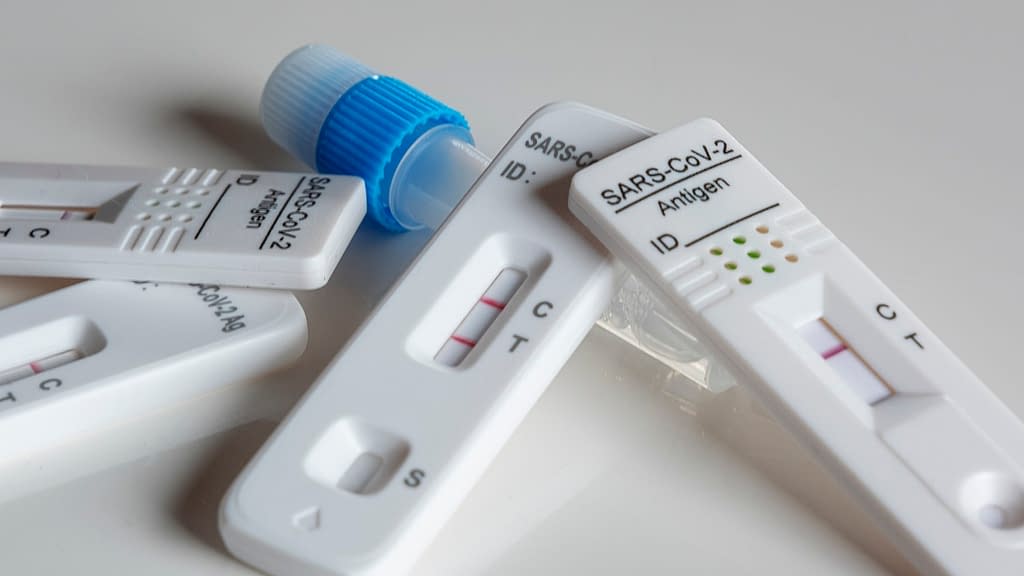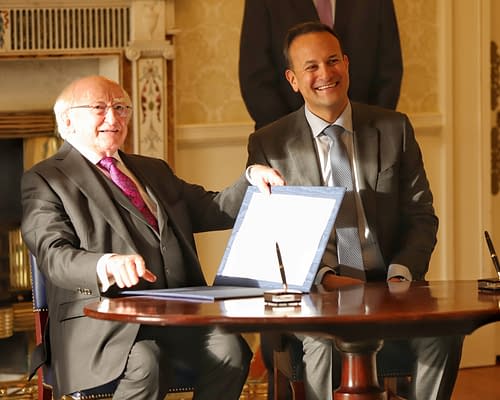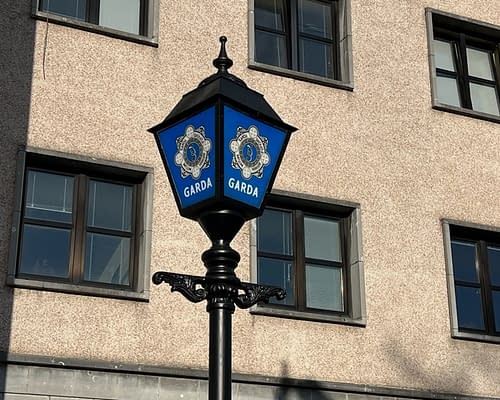Varadkar says private hospitals are an option in response to winter viruses as pressure mounts on public system

By The Headlines, December 23, 2022 | 11:46 PM
Taoiseach Leo Varadkar has told Health Service Executive (HSE) that all resources were needed in order to respond to this latest wave of illnesses and infections, stating in a media briefing that funds could be reallocated from existing budgets in case of emergency.
“My message to the HSE... is that I want all resources available to be deployed immediately and over the winter period, and that includes the use of private hospitals, use of overtime, whatever can be done should be done to minimise suffering and inconvenience to patients,” Mr Varadkar said.
Yesterday Leo Varadkar visited the Health Service Executive to discuss their recent wave of patients. In recent days, because of respiratory infections like Covid spreading at a rapid pace, more and more people are rushing to hospitals.
Because of the winter virus surge, there is pressure on the healthcare system and hospitals Damien McCallion, HSE chief operating officer said.
“There are a number of hospitals that are under more pressure than others, I would say now everywhere is seeing increased demand,” he said.
Emergency departments of the hospitals are attended by elderly people There were 360 people waiting to be seen in emergency departments on Friday morning, a drop from a high of 760 earlier in the week according to the Irish Nurse and Midwives Organization.
A new report from the Health Protection Surveillance Centre (HPSC) said cases of the flu “continued to increase”, with 1,174 officially recorded last week, up from 669 cases the week before.
The Ministry of Health has warned that the number of people needing hospital treatment for respiratory illnesses like flu, Covid-19, and RSV could put pressure on hospitals in the U.K.
The number of flu cases in hospitals may rise to 900 by the first week in January, alongside up to 1,000 Covid-19 cases.
The Irish Prime Minister Leo Varadkar has criticised claims that the government was not prepared for difficulty in the national hospital system. He says step-wise measures have already been taken to alleviate pressure on the hospitals while at the same time encouraging people to wear masks if they feel so inclined.
He appealed to people with respiratory symptoms to remain at home and for people to avail of flu and Covid-19 vaccines.
There are now 1,000 more beds in our hospitals since the introduction of Covid, and we have never had more doctors, nurses & midwives employed throughout the health service. Our budget is also at an all-time high.
In response to claims from Sinn Féin that the current situation with hospitals is predictable, Varadkar said that it doesn't mean there's less of a responsibility to solve them. He also said, "The fact that a problem is predictable is not the same as solving it."
Irish Prime Minister Leo Varadkar has reaffirmed his complete confidence in Health Minister Stephen Donnelly. “He has done a lot of great things recently,” he said. “He made progress on issues that have been problematic for many years recently.”
David Cullinane TD, Sinn Féin health spokesman, says hospitals in Ireland are now dangerously overcrowded. This is a result of "everything going wrong at the same time" in a dysfunctional health service.
GPs have also reported being under significant pressure in recent weeks, due to a surge in winter viruses.
The D Doc out-of-hours service, which offers family medical advice to anyone of any age, seems to be bucking the trend against private healthcare providers. Figures show demand for the service was up 116% in the first two months of this year.
Nurses worry that they may not be able to keep up with the current level of work because GPs are trying to prioritize emergencies.
The emergency staff have been warning of the hospital's worsening condition for weeks. And they've been making that clear to HSE officials who didn't seem to think it was necessary to address the problem urgently.









